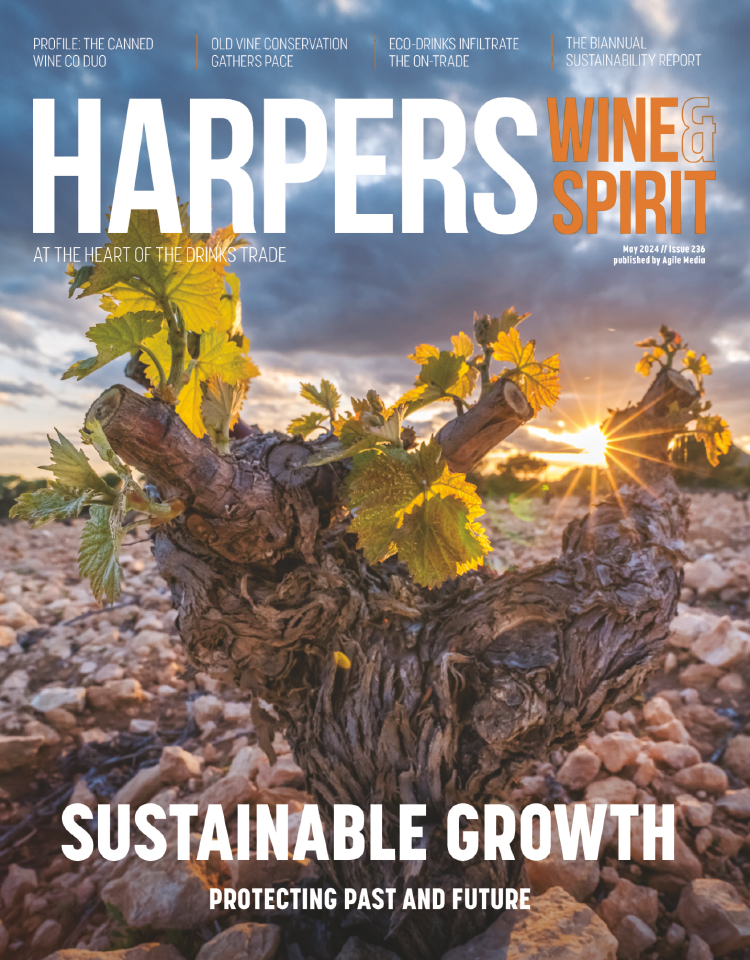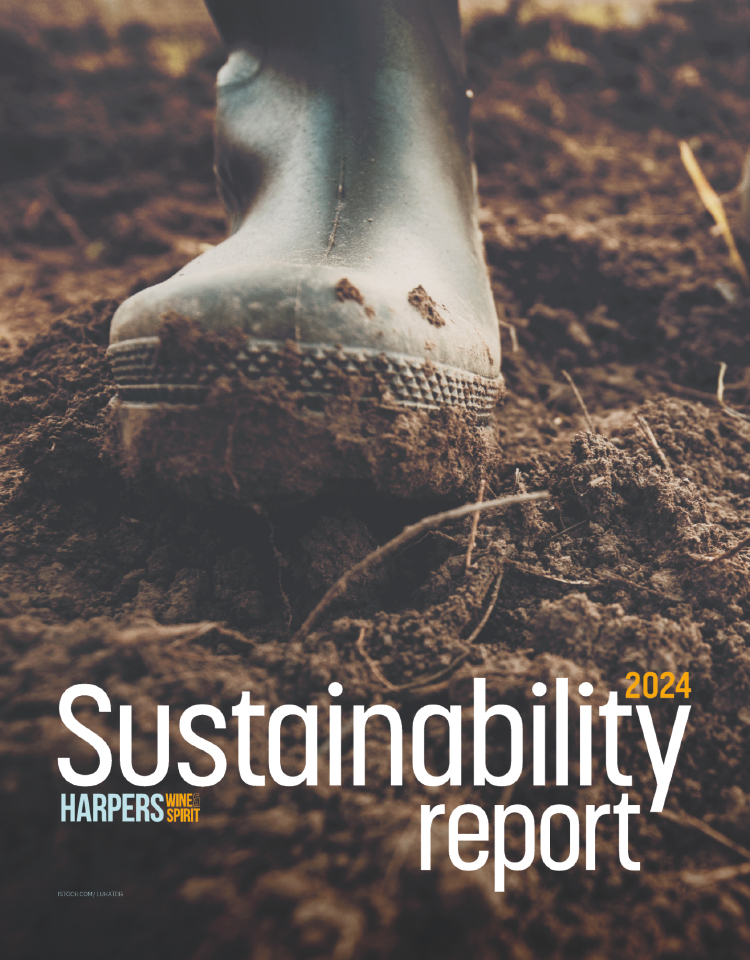
European neighbours offer UK trade signs of post-lockdown optimism
Wine consumption in some of the UK’s nearest neighbouring markets looks to be steady, with consumers maintaining overall wine consumption as lockdowns ease.
Market reports released by Wine Intelligence on 10 June found that regular German and Dutch wine drinkers are continuing with regular home drinking patterns, also having swopped out on-trade and social drinking occasions for parallel drinking occasions with meals and online socialising from home.
Both markets had for some years been experiencing a rise in value from a low spending per-bottle base, which, the report said, could have been undermined by the arrival of Covid-19, but has in fact held firm as a trend, unlike other markets where spend has lowered in the face of post-lockdown economic uncertainty.
Pre-crisis factors driving this included a general rise in personal incomes, more and more interesting choice and the ongoing rise of the online channel.
To the north, in Sweden, which has bucked the general global trend with very light social restrictions during the pandemic, spend and consumption levels have also remained fairly consistent with pre-pandemic levels. Wine with lunch and/or evening meals has replaced “almost one-for-one” bar and restaurant experiences, found the report on Sweden.
In an overview on the findings from all three countries, Wine Intelligence director Richard Halstead commented: “Another common thread seems to be that wine drinkers in all three markets seem broadly calm and optimistic about resuming their previous social lifestyles.”
He added that “German and Dutch wine drinkers seem broadly calm and optimistic about resuming their previous social lifestyles", with Swedes also “living well… and getting back into their full social lives”.
A further interesting finding from the Sweden report was that around 14% of the population said they were less likely to go out after the virus had subsided, but that those same people were typically those that didn’t drink much wine anyway.
There are, of course, some major differences between the UK and the above markets, and between the monopoly controlled Swedish model and the traditionally low-price German and Dutch markets. But the ongoing maintenance of pre-pandemic levels of consumption, welcoming of a return to on-trade drinking and holding up of more premium spend all sounds a note of optimism for the UK coming, as it does, from such near northern European countries.
“There also remains a positive feeling about the wine category, translating into an intention among around one in six regular wine drinkers to treat themselves to a better wine when they get through the crisis,” remarked Halstead, noting that this would be something the respective domestic wine trades would welcome.
Keywords:
- wine
- Germany
- market
- consumption
- spend
- consumer confidence
- wine trade
- Wine Intelligence
- report
- sweden
- northern europe
- Covid-19
- home drinking
- on-tarde
- Dutch
- post-pandemic





